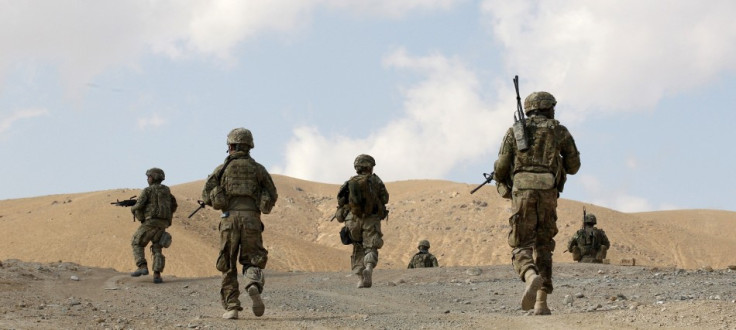Violent Sexual Assaults by US Soldiers Rise

The number of violent sex crimes committed by US soldiers has almost doubled over the past five years, according to a report by the army.
The report, Generating Health & Discipline in the Force, also said the number of suicides in the army declined for the first time in four years.
Reported violent sex crimes increased by 90 percent, rising from 665 in 2006 to 1,313 in 2011. One violent sex crime was committed by a soldier every six hours and 40 minutes, with post-combat adrenaline and high levels of stress reported as the reasons for the increase in these crimes.
The top violent sex offences committed by US Army troops in 2011 were rapes (515), aggravated sexual assaults (414) and forcible sodomies (349).
Suicides among soldiers on active duty, in the National Guard and the Reserve totalled 278 last year, a nine percent drop on 2010, the army reported.
The 200-page report, released by army vice chief of staff General Peter Chiarelli, aimed to assess the physical and mental health of US troops and look into how the army deals with them.
"There's a lot of good news in this report, but there's also some bad news," General Chiarelli said in a statement. "We know we've got still a lot of work to do.
"After 10 years of war with an all-volunteer force, you're going to have problems that no one could have forecasted before this began."
The report also noted a sharp increase in the number of cases of domestic violence, violence sex crimes and child abuse involving service members.
Soldiers who suffer from post-traumatic stress disorder (PTSD), traumatic brain injury and depression have been shown to have higher incidents of partner abuse, according to the report.
"A person diagnosed with PTSD is three times more likely to participate in some kind of partner aggression," the general said.
"That is why it is so critical to eliminate the stigma associated with PTSD and get people in for treatment, whether for alcohol problems, drug abuse problems, prescription-drugs abuse problems, anger management problems, or spouse and child abuse."
There were over 126,000 diagnosed cases of traumatic brain injury from 2000 to 2010, according to the report, which estimates that as many as 472,000 members of the services are currently suffering from the condition.
© Copyright IBTimes 2025. All rights reserved.






















